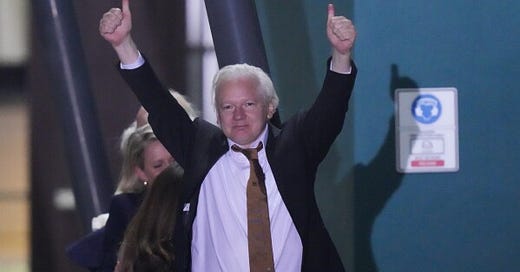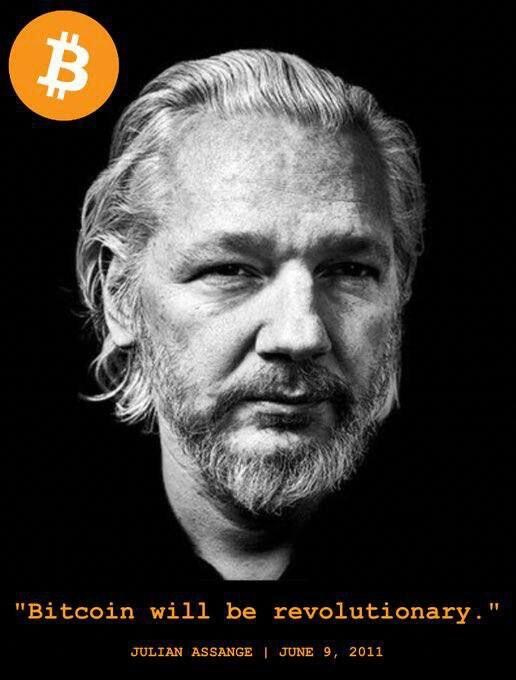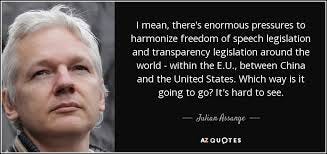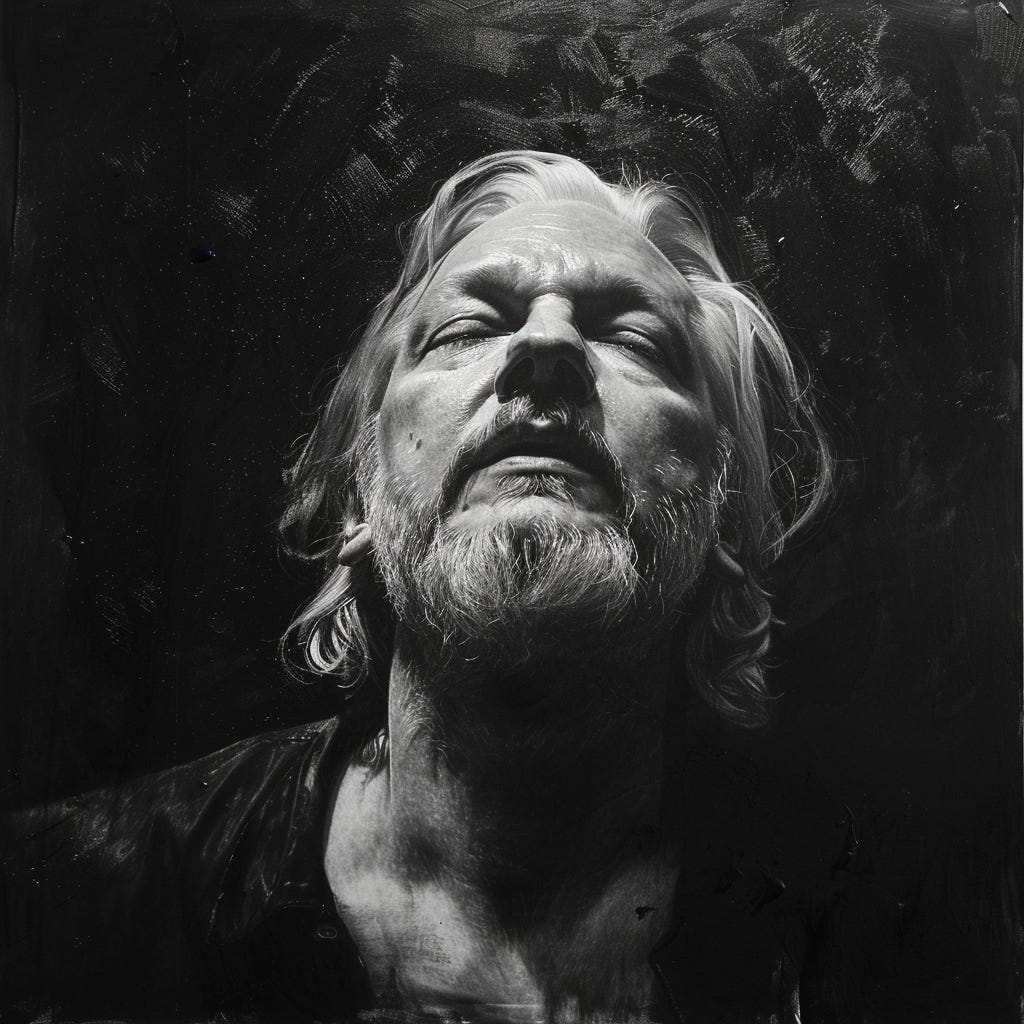Julian Assange, a name synonymous with the pursuit of truth and transparency, has once again captured global headlines. The founder of WikiLeaks, who has spent years in various forms of detention and confinement, recently reached a plea deal that resulted in his release. This momentous event has sparked renewed discussions about press freedom, the role of whistleblowers, and the future of journalism in an increasingly surveilled world.
The Plea Deal and Its Terms
Assange's plea deal, as detailed in recent reports, was a complex negotiation aimed at balancing justice with humanitarian concerns. According to the Associated Press, Assange agreed to a plea deal that included pleading guilty to a reduced charge in exchange for time served and certain conditions upon release . The deal reportedly required Assange to acknowledge his role in the unauthorized publication of classified documents while securing assurances that he would not face further prosecution under the Espionage Act, a charge that many argued was a direct threat to press freedom.
This compromise reflects the contentious nature of Assange's case, which has been a battleground for debates on national security versus the public's right to know. A New York Times opinion piece aptly highlights that while the plea deal brings a measure of closure to Assange's ordeal, it also sets a precarious precedent for journalists worldwide . By criminalizing the publication of classified information, even when it reveals government misconduct, the plea deal underscores the fragile state of press freedom.
The United States government gets the last word, of course (sounds like propaganda):
Implications for Journalists and Press Freedom
Assange's release has been met with a mix of celebration and concern among journalists and free speech advocates. On one hand, his freedom is a victory for those who see his detention as an unjust punishment for revealing truths that powerful entities sought to keep hidden. On the other hand, the conditions of his release and the underlying charges against him serve as a stark warning to journalists who dare to challenge the status quo.
The implications of Assange's plea deal are far-reaching. It signals to journalists that the act of publishing leaked documents can be subject to severe legal consequences, potentially stifling investigative journalism and whistleblowing. This is particularly troubling in an era where transparency and accountability are more critical than ever. The fear of prosecution may deter journalists from pursuing stories that hold those in power accountable, thereby eroding one of the pillars of a free and democratic society.
Bitcoin and the Fight for Freedom
In the context of this evolving landscape, technologies like Bitcoin offer a beacon of hope for those who value freedom and privacy. Bitcoin, with its decentralized nature, represents a financial system that operates beyond the reach of any single entity, much like the principles WikiLeaks championed. Assange himself was an early adopter of Bitcoin, recognizing its potential to support freedom of speech and protect whistleblowers.
Bitcoin's pseudonymous transactions provide a layer of security for those who might otherwise be vulnerable to financial censorship or surveillance. This aligns with Assange's vision of a world where information flows freely and truth prevails. By supporting a decentralized financial system, we can create a more resilient infrastructure for the dissemination of information, ensuring that the next generation of whistleblowers and journalists can continue their vital work without fear of retribution. Julian’s wife, Stella gave a great talk on this at Bitcoin Amsterdam in 2023 here:
Conclusion
Julian Assange's release is a significant milestone in the ongoing battle for press freedom and transparency. While his plea deal offers him a long-overdue reprieve, it also highlights the precarious state of free speech in today's world. Journalists must remain vigilant, as the specter of prosecution looms over those who seek to expose the truth.
As we celebrate Assange's freedom, we must also recognize the need to protect and expand the tools that enable free expression. Bitcoin stands as a testament to the power of decentralized systems in preserving individual liberties. By embracing and supporting such technologies, we can safeguard the future of free speech and ensure that the spirit of transparency and accountability continues to thrive.
In this new chapter of Julian Assange's life, let us remember the lessons of his struggle and remain committed to the principles of truth and freedom. The journey is far from over, but with each step, we move closer to a world where justice and transparency are not just ideals but realities.
Not financial or legal advice, for entertainment only, do your own homework. I hope you find this post useful as you chart your personal financial course and Build a Bitcoin Fortress in 2024.
Bitcoin Fortress Newsletter is a reader-supported publication. To receive new posts and support my work, consider becoming a free or paid subscriber.
Thanks for following my work. Always remember: freedom, health and positivity!
Please also check out my Bitcoin Fortress Podcast on all your favorite streaming platforms. I do a weekly Top Bitcoin News update every week on Sunday, focused on current items of interest to the Bitcoin community. Please check it out if you haven’t already. Also now on Fountain, where you can earn Bitcoin just for listening to your favorite podcasts.
Follow me on Nostr:
npub122fpu8lwu2eu2zfmrymcfed9tfgeray5quj78jm6zavj78phnqdsu3v4h5
If you’re looking for more great Bitcoin signal, check out friend of the show Pleb Underground here.
Lightning tips appreciated here.







